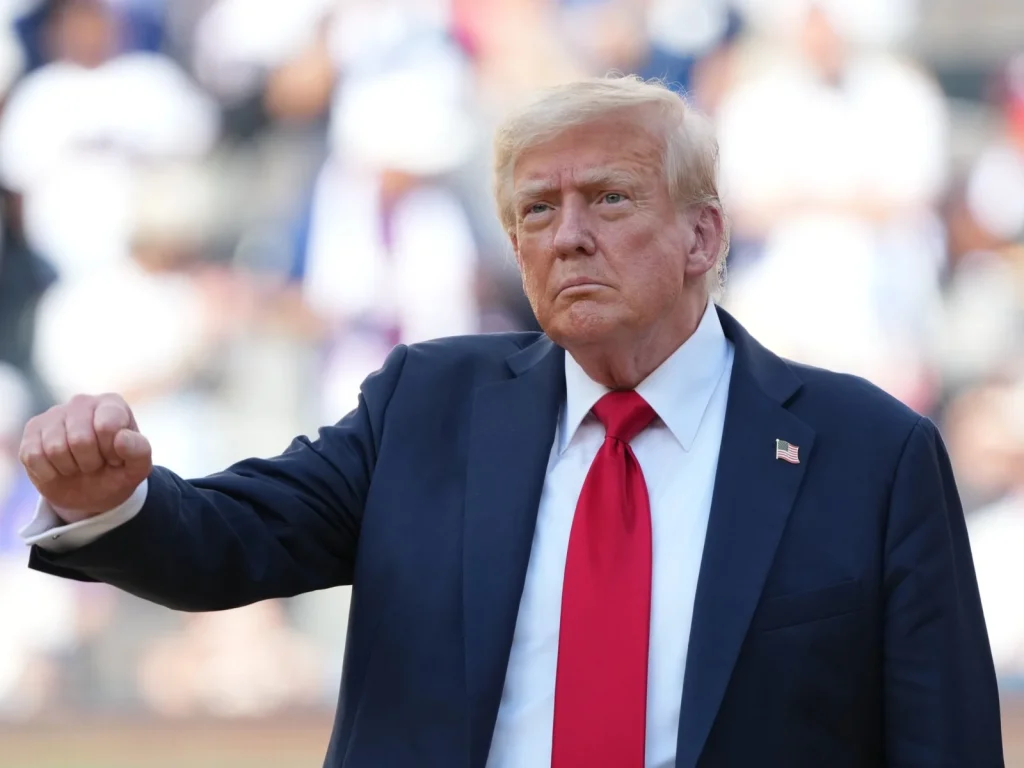On Tuesday, July 22, 2025, White House deputy spokesperson Anna Kelly announced President Donald Trump’s decision to withdraw the United States from UNESCO, the Paris-based United Nations Educational, Scientific and Cultural Organization.
Kelly criticized UNESCO for supporting “woke, divisive cultural and social causes” that she claims conflict with the “commonsense policies” Americans endorsed in the November 2024 election.
The withdrawal, set to take effect at the end of December 2026, marks the third time the US has exited the agency and the second under Trump’s leadership.
A History of US-UNESCO Tensions
This move echoes previous US withdrawals from UNESCO.
During Trump’s first term, the US left in 2018, citing anti-Israel bias after UNESCO admitted Palestine as a member state in 2011, prompting both the US and Israel to halt funding.
The Reagan administration also withdrew in 1984, accusing UNESCO of mismanagement, corruption, and promoting Soviet interests.
The US rejoined in 2003 under President George W. Bush but faced renewed friction during Trump’s initial presidency.
Biden’s Rejoining and Trump’s Reversal
The Biden administration facilitated the US return to UNESCO in 2023, a move Trump’s team viewed as politically driven.
Following his 2025 inauguration, Trump ordered a review of UNESCO’s activities, signaling his intent to exit again.
UNESCO officials, anticipating this decision, were unsurprised, given the agency’s history with US administrations and Trump’s prior withdrawal.
Reasons Behind the Withdrawal
Anna Kelly’s statement highlighted UNESCO’s alignment with cultural and social initiatives that the Trump administration deems misaligned with American values.
The 2011 inclusion of Palestine as a member state remains a contentious issue, with the US and Israel arguing it reflects an anti-Israel bias.
Financial contributions, which the US ceased after 2011, are unlikely to resume, further straining UNESCO relations.
Implications for UNESCO and Global Relations
The US withdrawal could impact UNESCO’s funding and programs, as the US historically contributed significantly to its budget before 2011.
The move may also signal a broader shift in US engagement with multilateral organizations under Trump’s second term.
UNESCO, which promotes education, science, culture, and press freedom, has yet to confirm the US decision, and the White House has not provided further details.
What’s Next?
The withdrawal, effective December 2026, allows UNESCO time to adjust to the loss of US participation.
Observers expect continued debate over UNESCO’s role and neutrality, particularly regarding its stance on Israel and Palestine.
As Trump’s foreign policy takes shape, this decision underscores his administration’s skepticism of international bodies perceived as misaligned with US priorities.
Why It Matters
The US exit from UNESCO reflects ongoing tensions between American domestic priorities and global cultural institutions.
With a history of withdrawals and returns, this move highlights the challenges of maintaining consistent US engagement in multilateral organizations, impacting global education and cultural initiatives.
Read also: Spanish PM Meets Mauritania Leader on Migration and Trade




















